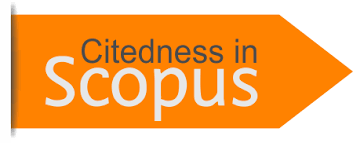A Critical Epistemological Review of The Liberal Islamic Network’s Interpretation of The Qur’an
Keywords:
Liberal, Islam, Qur’anic, Hermeneutics, PluralismAbstract
This article examines the cognitive and epistemological framework of the Liberal Islamic Network (JIL) in interpreting the Qur’an through a critical lens. The study explores how liberal Muslim thinkers employ rationalism, hermeneutics, and Western philosophical approaches to reinterpret sacred Islamic texts, often challenging traditional exegetical authorities. By focusing on three main pillars of liberal Islamic discourse religious pluralism, freedom of belief, and the separation of religion from politics this paper highlights the theological and sociopolitical implications of their views. Classical Islamic perspectives from Qur’anic exegesis (tafs?r), hadith, and scholarly consensus are brought into comparison to reveal inconsistencies and epistemological gaps in the liberal approach. The paper concludes that liberal interpretations, though claiming to align with modern values and human rights, often neglect the necessary methodological discipline and foundational sciences of tafs?r. This poses a significant risk of misguidance and distortion in Islamic understanding, particularly among contemporary Muslim societies.















